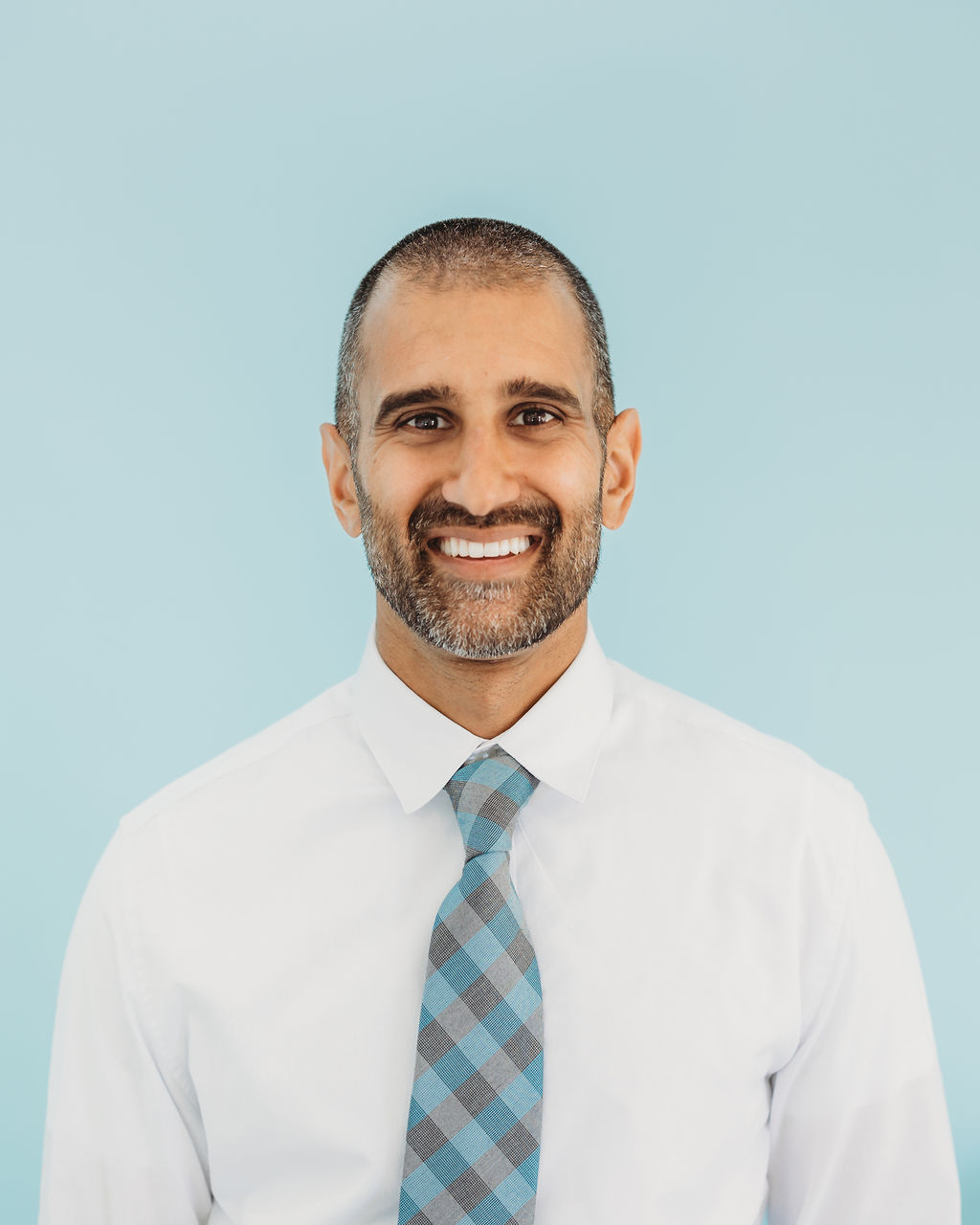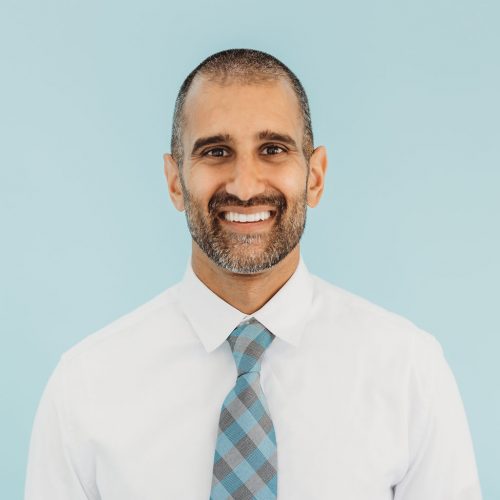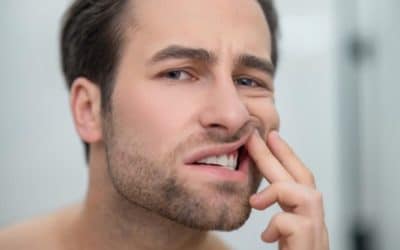Individuals with obstructive sleep apnea often encounter interruptions in breathing throughout the night due to a blocked airway, leading to multiple instances of breath cessation. Shockingly, a significant portion of the estimated 22 million Americans afflicted with sleep apnea remain untreated. Fortunately, there are various therapies available, including sleep apnea treatment, surgery, continuous positive airway pressure systems, and dental appliances. Among these options, dental appliances stand out as particularly beneficial for individuals with mild to moderate obstructive sleep apnea (OSA).
Sleep Apnea Symptoms
Sleep apnea is prevalent across all age groups, with symptoms varying depending on the individual’s age. It’s crucial to be vigilant for signs of Obstructive Sleep Apnea syndrome or consult a trusted dentist at Reveal Dental. Here are some symptoms to watch out for:
-Loud snoring
-Pause in breathing when you’re sleeping
-Breathing heavily when you sleep
-Wake up with a dry mouth
-Headache in the morning
-Sleeplessness
-Excessive sleepiness
-Having trouble focusing when awake
-Intolerance
Sleep Apnea’s Effects on Your Body
Understanding the importance of therapy is crucial. Before delving into the mechanics of dental appliances for sleep apnea, it’s essential to grasp why seeking treatment is vital. Adequate sleep is just as critical for your overall health as proper nutrition and exercise. Quality sleep enables your body and mind to recuperate from daily stressors, promoting overall well-being. Consulting a professional for sleep apnea is imperative due to its potential fatal consequences if left untreated. Research has linked sleep apnea to serious health conditions such as hypertension, stroke, coronary artery disease, and congestive heart failure, underscoring the need for prompt intervention.
Importance of Treating Sleep Apnea
Improved Refreshment Following Sleep
Individuals affected by sleep apnea may experience up to 90 instances of breath cessation per hour. Each interruption prompts their bodies to gradually awaken before resuming breathing, hindering the attainment of sufficient deep sleep for a truly restful night. Upon achieving uninterrupted breathing throughout the night, individuals can expect to feel more refreshed and energized during the day.
Reduced Risk of Stroke and Heart Issues
Individuals enduring frequent sleep disruptions face nearly three times the risk of hypertension compared to those with uninterrupted sleep patterns. Moreover, those with substantial sleep disturbances are at an elevated risk of experiencing a stroke.
Reduced Risk of Depression
The probability of experiencing depression escalates in tandem with the severity of sleep disruptions. While any level of sleep disturbance poses a risk, individuals encountering severe disruptions exhibit a higher incidence rate of depression compared to those experiencing none.
Decreased Mortality Risk
Individuals afflicted with significant sleep disorders face an elevated likelihood of mortality from any cause.
Enhanced Diabetes Management
The presence of sleep apnea heightens the risk of developing diabetes. Treating sleep apnea has been shown to improve insulin resistance in individuals without diabetes, as indicated by a comprehensive analysis of numerous studies. Additionally, untreated sleep apnea has been linked to poorer blood sugar control in individuals with diabetes.
Treatments for Apnea in Sleep
You’re likely aware of the detrimental impact that sleep apnea can have on your health. However, there’s good news: a wide array of therapies and procedures are available to help manage its symptoms, ranging from dental appliances to nasal and throat surgeries. If you exhibit symptoms indicative of the disorder, your doctor will conduct several tests to assess the severity of your sleep apnea.
In some cases, simple lifestyle modifications such as reducing alcohol intake, losing weight, or sleeping on your side may suffice to mitigate minor instances of sleep apnea. However, more severe cases may necessitate advanced therapies. Below are some of the most commonly recommended treatments by sleep apnea specialists for moderate to severe cases of the condition.
CPAP Devices
Continuous Positive Airway Pressure (CPAP) machines are the most commonly utilized treatment for moderate to severe sleep apnea. The device softly pumps pressurized air into your mouth and nose using a tube and a face mask you wear to sleep. Because of the high air pressure, your airway remains open while you sleep because your throat muscles don’t contract.
Appliances for Dental Sleep Apnea
Oral appliances are gaining popularity as an alternative to CPAPs, the usual treatment for sleep apnea. Custom-made mouthguards resembling orthodontic retainers are called sleep apnea oral appliances, Mandibular Advancement Devices, or MADs. This sleep apnea treatment without CPAP shifts your jaws to keep your throat open as you sleep at night.
Surgical Procedures
If other treatment options have proven ineffective in alleviating your sleep apnea, your specialist may recommend surgery. Individuals with enlarged or irregularly shaped tonsils, a deviated nasal septum, or a small lower jaw with an overbite that does not respond to dental appliances for sleep apnea may derive significant benefits from surgical interventions.
Are Oral Appliances an Effective Sleep Apnea Treatment?
One of the therapy options for Obstructive Sleep Apnea is oral appliances. Sleep medicine specialists usually recommend these dental devices for patients with difficulty tolerating Positive Airway Pressure therapy or when PAP (Positive airway pressure) therapy fails. However, various factors can influence the effectiveness of an oral appliance.
Severity of Sleep Apnea
The severity of Obstructive Sleep Apnea can vary, impacting the effectiveness of an oral appliance for each individual. These devices have successfully improved sleep quality for individuals with moderate sleep apnea by reducing the frequency and intensity of snoring.
Type of Appliance
The market is filled with many kinds of oral devices for sleep apnea. The Mandibular Advancement Device is the most often utilized. This device functions similarly to a mouth guard by pushing the lower jaw forward to maintain an open airway as you sleep.
Customization
Oral appliances crafted by a licensed dentist using a detailed mold of a patient’s teeth and jaw are more effective compared to generic alternatives.
Continuous Usage
Consistency is essential when it comes to other therapies for Obstructive Sleep Apnea. The device must be worn every night for it to work.
Frequent Check-Ups
Regular dental check-ups are essential to optimize the fit of the device and reduce any potential side effects, such as dry mouth or shifting of teeth.
Final Takeaway
Incorporating lifestyle adjustments into your daily routine can enhance the effectiveness of oral appliance therapy in treating sleep apnea. Alongside alleviating symptoms, maintaining a healthy weight, prioritizing sleep hygiene, reducing alcohol and tobacco consumption, and effectively managing stress can contribute to a more fulfilling and healthier life.
Our staff at Reveal Dental is dedicated to working together with you to help you on your path to improved sleep and general health. We offer supportive advice, solutions for sleep apnea and TMJ, and sleep apnea treatments to help you get the good night’s sleep you deserve.

Submitted by Dr. Alkesh C. Sura
Dr. Alkesh C. Sura is the founder and lead dentist at Reveal Dental in Cedar Park, Texas. A North Carolina native, Dr. Sura earned both his Bachelor of Science in Public Health and Doctor of Dental Surgery degrees from the University of North Carolina at Chapel Hill.





